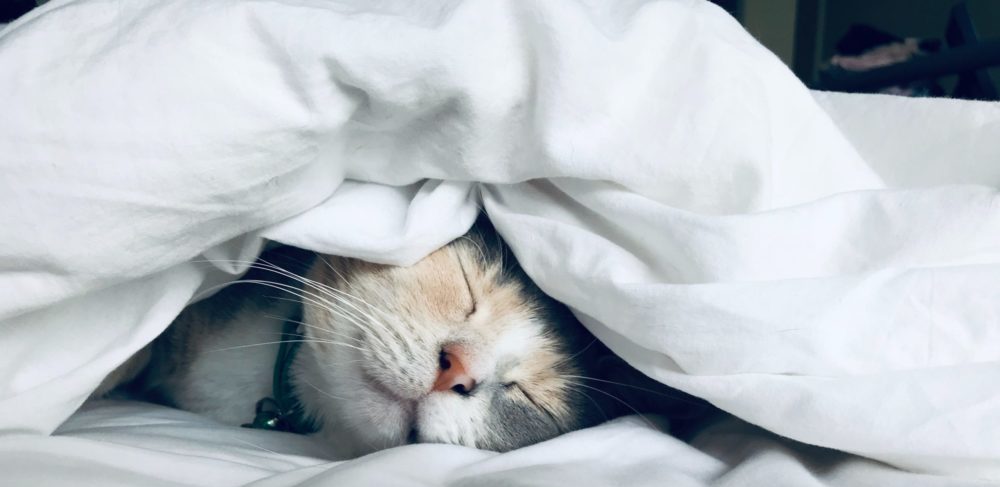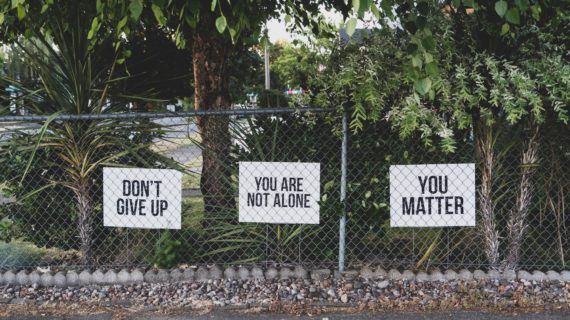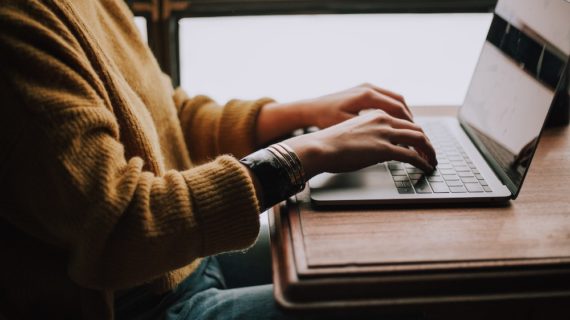
How better sleep can bring better mental health for Pittsburgh’s kids and parents
Photo above by Kate Stone Matheson used by permission via Unsplash.
Pittsburgh’s kids and grownups face their share of stress every day, and the pandemic has ramped up the pressure on many local families. The good news is this: Along with reaching out for mental health support and eating healthy meals, there’s another strategy for relieving stress and boosting your mental and physical health. And it doesn’t cost anything.
Get more sleep.
Kidsburgh sat down recently with Dr. Peter Franzen, associate professor of psychiatry and director of Sleep and Behavioral Neuroscience Center at the University of Pittsburgh School of Medicine, to talk about the benefits of good sleep and the ways that grownups and kids can try to get more of it.
Kidsburgh: How does sleep help us with stress?
Dr. Franzen: “What we know about sleep is that it’s important for all aspects of functioning: How we think and learn. How we respond to stressors in the environment. Our ability to regulate emotions, our social interactions. So that’s both the cognitive domain and emotional domain. And of course, there’s the physical domain — immune system functioning, metabolism, and cardiovascular function. Pretty much all aspects of good functioning are dependent on sleep.
Kidburgh: So sleep is incredibly important for our mental and physical health. But many people — parents and teenagers — are up late at night and then up early again the next morning.
Dr. Franzen: I think it’s true that both adults and youth don’t get enough sleep. Evidence for high school students, for example, from Youth Risk Behavior Survey suggests that only about a quarter of youth get the recommended eight to 10 hours of sleep. Most don’t. And on school nights, about 44% of the population report getting six or fewer hours asleep on a school night. And that’s just simply not enough.
Kidsburgh: How much sleep do we really need?
Dr. Franzen: There are individual differences. But it does seem that the expert consensus is that adults should be getting between six and eight hours of sleep, and adolescents around eight to 10 hours of sleep. There are certainly individual differences where some people have less ‘sleep need’ than others. But most people who are short sleepers aren’t naturally short sleepers. They’re just accruing a sleep debt, and are in a state of sort of constant sleep deprivation.
Kidsburgh: We hear a lot about teens not getting enough sleep, especially if they have to wake up very early for school on weekdays. Do teens naturally stay up later?
Dr. Franzen: “We know that at starting around puberty, there are biological changes that take place. Pressure for sleep builds more slowly in adolescence, and there’s also a delay in circadian rhythms or one’s biological clock. So there’s less of a drive to sleep and the clock is being pushed later as well. These are two things that are really biologically driven. This isn’t about adolescent preferences, or their desire to just be awake or engaging in other activities. These are biological drives that we see worldwide and that we even see in other mammal species during adolescence. You add that in combination with the fact that there are really early school start times. And now you get a mismatch between underlying biology with what is happening during the school week. So kids have to wake up very early, they don’t get as much sleep. On the weekends, often kids are allowed to stay up later. They sleep in to catch up on the sleep that they want. But then it’s like being jet-lagged when you return to school on Sunday night. It’s really hard to get back onto that early schedule. It’s not uncommon for kids to oversleep two, three, even four hours or more on the weekends, which becomes the equivalent of flying to Europe every week.”
Kidsburgh: Some parents may assume their kids just want to stay up late on social media, so it’s interesting to learn that it’s also biological.
Dr. Franzen: “There are those other social pressures going on, as well. So kids want to be hanging out more with their peers. There’s more use of social media. And there are increasing demands with homework, after-school activities and employment. All of these things, I think combine to create the sort of school sleep squeeze.
Kidsburgh: What steps can parents take if they want themselves and their kids to get more and better sleep?
Dr. Franzen: “One of the important things to make sleep a priority. It’s one of the first things to go when people are facing increasing demands. So making sleep a priority and scheduling it into your days is important. Trying to sleep on a regular schedule is also important, so limit ‘weekend oversleep.’ We try to recommend only sleeping in on weekends no more than an hour, so that you don’t get your schedule off. And if you’re going into a period where you know you’ll be getting less sleep, being really well rested and sleep-saturated going into that time is going to be a lot better than already being in a sleep deficit. So, for teens, it would be much better to go into a period of final exams having been through a period of really good sleep. Then you’d be able to deal with that challenge a little bit better. And there’s no question that people learn and remember better if they’ve slept. So staying up to cram is actually pretty counter counterproductive.”
Kidsburgh: You mentioned social media earlier. Does it help us sleep if we put down our phones before we’re ready for bed?
Dr. Franzen: With electronics, social media and phones, certainly limiting their use helps. You want to avoid bright lights in the couple of hours before bed, because that helps suppress melatonin. Being on the phone has potentially a couple of ways that can create a negative impact. One, there’s bright lights, and that helps suppress melatonin. But also being on a phone can be pretty exciting, right? It can induce a lot of either positive emotions or negative emotions. And positive and negative emotions make it harder to fall asleep. You might be talking back and forth with people or you could be upset that somebody isn’t following or liking your posts. There are lots of ways that our interactions can be either positive or negative and both of those create sort of an arousing situation, and that makes it more difficult to fall asleep.”




